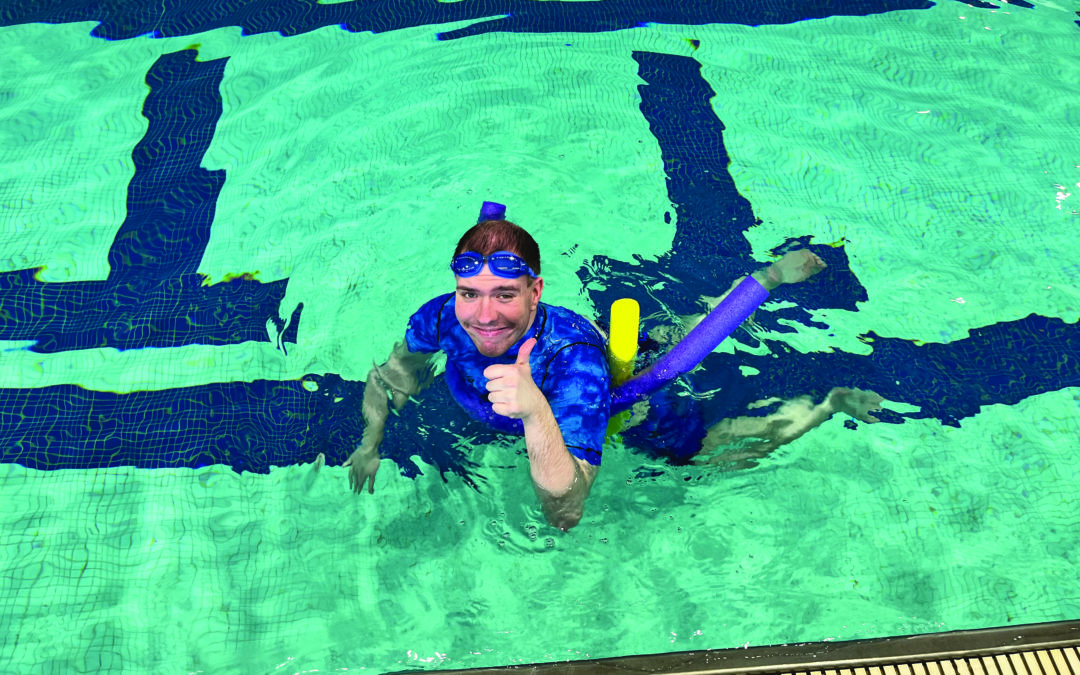On those occasions that we need some direction in our lives — whether it be on the road or in general – it’s nice to have some guidance.
When we’re driving, we rely on GPS – Global Positioning System – to get us to our destination. At Northeast Arc, a different kind of GPS is helping individuals, primarily those with an autism diagnosis, find the services and skills they need in order to live more independently.
Guided Personal Supports is comprised of a combination of programs geared to assisting individuals in acquiring skills in different aspects of their lives. All of the referrals in the program come from state Department of Developmental Services (DDS).
Northeast Arc launched GPS last November, with Arati Thapa serving as program director.
“GPS is about making sure people have the skills they need to live as independently as they possible can,” said Thapa, who estimated that there are currently about 80 people taking advantage of GPS.
Through In-Home Supports, individuals are matched with a provider, who helps in areas including social skills, daily living skills and community integration. “They work with goals established in the ISP (Individualized Service Plan),” Thapa said, adding that most of those receiving supports live at home with their family, though some live in a Shared Living environment.
Autism Coaching is geared to those on the autism spectrum who are higher functioning and may have difficulty in one aspect of their life with which they need assistance. Some of the skill sets individuals can work on include social, relationship, employment and education.
The College Navigation program helps students both with the application process and the transition to college life, so “they do not get overwhelmed,” according to Thapa. “Once they are in college we stay with them to make sure they get the resources they need to succeed.”
Through Agency with Choice, individuals and their families receive help identifying the supports and hiring the service providers they need. In partnership with Northeast Arc, they establish a budget for services, interview and ultimately hire providers. Arc assumes responsibility for paying the providers, withholding taxes and providing a worker’s compensation policy.
“This is a family-driven program,” Thapa said. “We provide the support and the family hires people to support the individual.”
The DESE program (Department of Elementary and Secondary Education) is designed to provide supports to school-age (6-22) participants with an autism diagnosis or other developmental disability. The goal is to help prevent a more restrictive educational or out-of-home residential placement by increasing a family’s ability to support their child in the home and community. Northeast Arc works with students and families to create an individualized plan that promotes skill building, independence, and social integration at home, in school and the community.
Through the Assistive Technology program, Northeast Arc offers a lending library of technology devices and provides assistive technology assessments along with remote supports. “We go into homes, assess (technology) needs, help families purchase them and support them,” Thapa said. “We help people include technology in their day-to-day living.”
